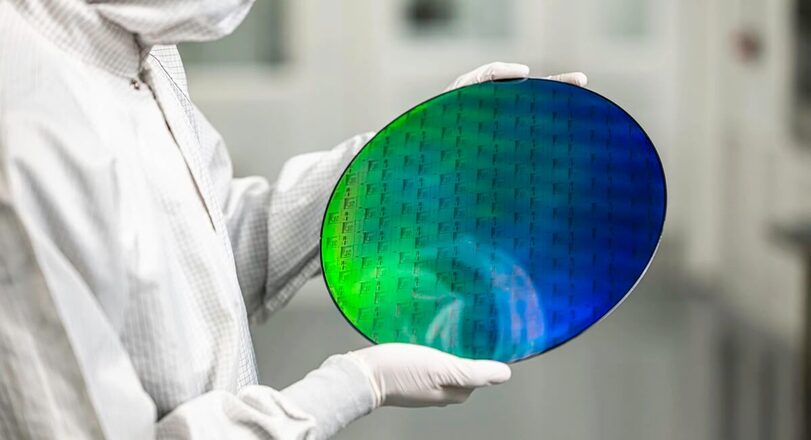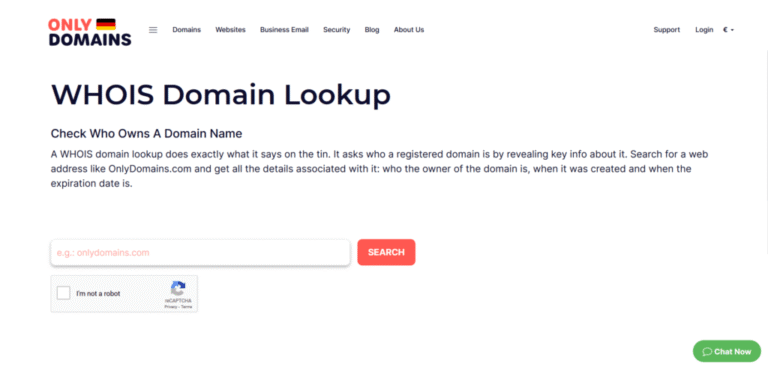PsiQuantum, a quantum computing start-up, has raised $1 billion in new funding to advance its goal of building the first utility-scale, fault-tolerant quantum computers. The Series E round values the company at $7 billion, marking one of the largest single investments in quantum technology. The funds will be used to establish sites in Brisbane, Australia, and Chicago for deploying and validating large-scale systems, as well as enhancing its quantum photonic chips and error-corrected architecture.
The funding round was led by BlackRock affiliates, with participation from Temasek, Baillie Gifford, and new investors like Macquarie Capital, Ribbit Capital, NVentures (NVIDIA’s venture arm), Adage Capital Management, Qatar Investment Authority, Type One Ventures, Counterpoint Global (Morgan Stanley), 1789 Capital, and S Ventures (SentinelOne). Existing investors such as Blackbird, Third Point Ventures, and T. Rowe Price Associates also joined.
Founded in 2016 by scientists Jeremy O’Brien and Pete Shadbolt, PsiQuantum focuses on achieving fault tolerance at the million-qubit scale, unlike current quantum prototypes with only a few hundred qubits. The company believes photonic qubits, encoded in light particles, offer a practical path due to their compatibility with established semiconductor processes.
CEO Jeremy O’Brien emphasized tackling engineering challenges directly to build million-qubit-scale, fault-tolerant machines, which he says are essential for realizing quantum computing’s potential. PsiQuantum is now mass-manufacturing quantum photonic chips at a leading U.S. semiconductor fab, ready to take the next steps with the new funding.
A key component of PsiQuantum’s progress is integrating Barium Titanate (BTO), a high-performing electro-optic material, into its manufacturing process. BTO enables ultra-fast optical switches, crucial for scaling photonic quantum computing. PsiQuantum has demonstrated the ability to produce 300-millimeter BTO wafers, combining them with those manufactured at GlobalFoundries. Scaling BTO production is seen as vital for quantum systems and next-generation AI supercomputers.
PsiQuantum’s photonic architecture avoids some hardware limitations of competing technologies, such as bulky cryostats needed for superconducting qubits. The company has designed a modular cooling solution resembling data center racks, cooling hundreds of quantum chips simultaneously. High-fidelity networking between cabinets using standard telecom fiber is also demonstrated, crucial for utility-scale machines.
Chief Scientific Officer Pete Shadbolt stated that the company has reached a critical stage, with chips, switches, scalable cooling technology, networking capabilities, identified sites, and both commercial and government support in place.
PsiQuantum’s collaboration with NVIDIA covers areas like quantum algorithms, GPU-quantum processor integration, and software frameworks for silicon photonics. As hybrid quantum-classical computing becomes a priority, integration between GPUs and QPUs is expected to be crucial.
The Brisbane and Chicago sites will be foundational for PsiQuantum’s large-scale deployments, supported by government partnerships and local infrastructure. These facilities will enable system integration validation, essential for commercializing machines solving problems beyond classical supercomputers.
Since its $450 million Series D in 2021, PsiQuantum has scaled its manufacturing capabilities, partnering with GlobalFoundries to fabricate integrated photonic chipsets. These chips already outperform previous state-of-the-art photonic devices. With new financing, PsiQuantum aims to move from prototypes to production-grade systems deployable by enterprises and governments.
Quantum computing holds vast potential but faces technical uncertainties. Fault-tolerant quantum machines could revolutionize sectors like drug discovery, materials science, logistics, and cryptography by solving problems classical systems cannot. PsiQuantum’s billion-dollar funding highlights investor interest in breakthrough technologies and the belief that photonics may offer a quicker path to scale.
PsiQuantum’s latest move positions it as a leading independent player in the competitive quantum field, with manufacturing partnerships, significant funding, and institutional and strategic backing. The company is entering a decisive phase where its scale promises will be tested against engineering realities.
For enterprises, these developments suggest commercially useful quantum computing might emerge sooner than expected, though the timeline remains uncertain. For PsiQuantum, the Series E funding reflects confidence that the path toward a million-qubit machine is increasingly tangible.






